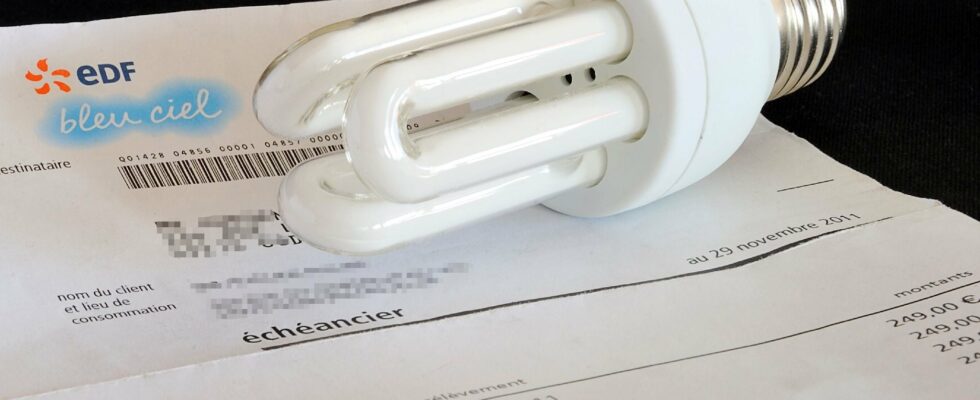The government is giving up on implementing a planned increase in the price of electricity of around 1%. “The planned changes will not apply on 1 August 2024,” announced the Energy Regulatory Commission (CRE) in a press release published on Monday 15 July.
“In accordance with my commitment, electricity prices will drop by 15% next February. I refuse any increase in bills in August. Consumers have the right to price stability and visibility,” the Minister of Economy and Finance commented to AFP. Bruno Le Maire thus avoids a new controversy over energy prices, in the midst of a political crisis.
The sector’s watchdog thus noted the “intention” of the Minister for Energy “not to proceed with the publication” in the Official Journal of the deliberations that changed the tariff for using public electricity distribution networks (Turpe). If this annual change had been applied on August 1st – i.e. of the order of +4.80% for the tariff of the distributor Enedis – the bill of some 22 million households and businesses at the regulated electricity tariff would have increased by around 1%, the CRE explained to AFP. According to Bercy’s calculations, this would have led to an increase in the annual bill of 10 to 40 euros.
A relatively modest increase compared to that of the “reference gas price”, of 11.7% in July. But it would have occurred in a flammable political context, while energy prices, at their highest in 2021 and 2022 due to the post-covid recovery and the war in Ukraine, have stirred up debates in the European and legislative elections. However, forecasts now anticipate a future drop in electricity prices from next year, due to the sharp drop in prices on the wholesale markets.
Necessary investments
The Turpe, a component accounting for about a third of the bill, is the tariff that remunerates the electricity transmission network (RTE) and distribution network (Enedis) managers for the use of their network, from the place where the electricity is produced to the meters of households and businesses. Even if it appears on electricity bills, the Turpe is actually paid by the electricity suppliers to Enedis and RTE.
By refusing to apply the tariff change decided by the CRE, the government is therefore avoiding a second increase, after the one in February of almost 10% as part of the exit from the costly tariff shield on energy. At the time, the executive had raised a government tax – the excise duty – which had been reduced to its minimum from the end of 2021 to reduce bills during the energy crisis. The Minister of the Economy, Bruno Le Maire, had then committed not to increase this tax further during the rest of 2024.
The government now has two months to “request new deliberations on the evolution” of the Turpe, specifies the CRE. Because in all cases, this tariff evolution will have to be applied in one way or another in order to allow RTE and Enedis to finance the large-scale investments necessary for the modernization of the electricity network and its adaptation to the challenges of decarbonizing energy.
